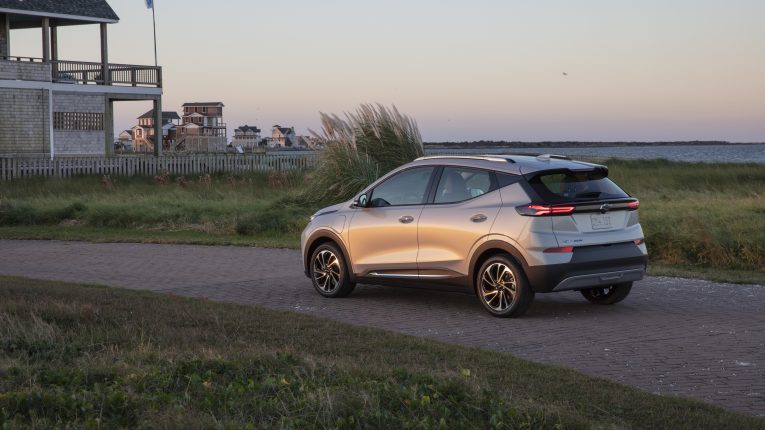
3 Essentials Business Fleet Updates Post Pandemic
The pandemic has started a remote revolution in the workplace. A lot of companies have been forced to adjust rapidly to survive. This meant encouraging staff to work remotely, looking for digital alternatives to face-to-face encounters, and keep commute and transportation to a minimum.
One year later, most businesses have been implementing some of the pandemic transformations into their long-term processes. Some companies have chosen to maintain partially or in full remote working arrangements whenever possible. A lot of customers are also cautious about going back to life as normal. As a result, face-to-face interactions are limited. Many clients will prefer video calls and emails over visiting your office. In short, businesses need to consider long-term adjustments.
On the practical side of things, moving into a smaller office space can be a good idea going forward. But it’s also time to evaluate your business fleet and how the change of pace will affect your vehicles. Business fleets have been underused for the best part of 2020; therefore, the top priority is to keep up with repairs and servicing. Yet, there’s more to your post-pandemic than meets the eye.
Update your cover
It’s worth considering the use you will be getting of your business fleet in the coming months. It can be a good idea to assess your business auto insurance to match the transport and commute needs you have in a post-pandemic environment. Most companies have reduced mileage by 35 to 70%, depending on sector and situation. In other words, previous covers may not reflect the current use. Employees who own a business car may not require to be on the road as often as they used to. Additionally, vehicles are more likely to focus on shorter distances throughout 2021. It’s hard to predict whether the trend will carry on in the years to come. However, 2021 is unlikely to see long business trips due to pandemic anxiety and restrictions.
Consider other drivers on the road
Driving can be dangerous, especially when you consider that most drivers have stayed at home during the worst of the pandemic. Therefore, the business fleet must be equipped to handle the risks caused by lack of practice. It can be helpful to consider additional features that will keep your vehicles safe on the road. Blindspot mirrors, for instance, can enhance vision on the road, ensuring that your staff can keep an eye on even the most reckless drivers and pedestrians. Another helpful addition is a rear camera, which can also reduce your blind spots.
Reduced fleet volume
We can expect remote working and networking to play a significant role in the future. Therefore, the reliance on the business fleet will gradually sink. There is no need for maintaining a huge fleet in a world where people will be driving less and shorter distances. Reducing your fleet volume will have many positive impacts on cash flow. It influences your business cover costs. But it also reduces fleet investment, maintenance, and management costs in the long term.
Does your company rely on business vehicles? The pandemic is changing our interactions with cars, which will directly impact the business fleet strategy. Going forward, businesses must consider theory mileage, fleet size, and fleet safety features to remain competitive.



